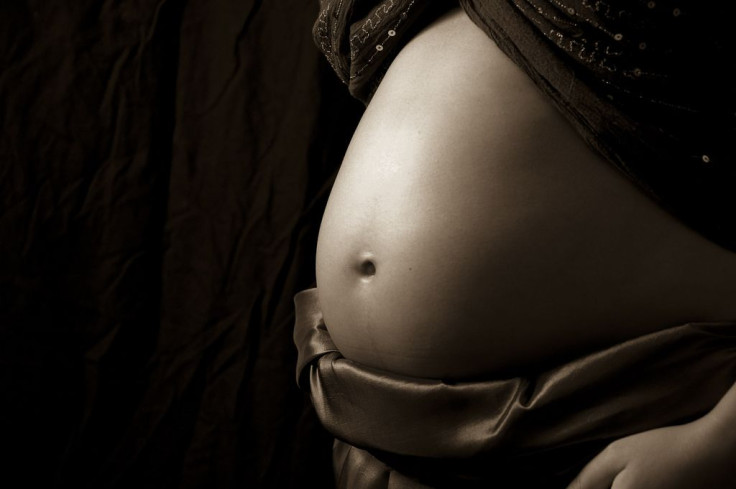Vitamin D Deficiency Linked to Severe Preeclampsia In Pregnant Women

Expectant mothers are often told to take prenatal vitamins, and for good reason. According to a new study, women with a vitamin D deficiency during the first 26 weeks of pregnancy may be at risk of preeclampsia.
Preeclampsia is characterized by high blood pressure and protein in the urine. It typically occurs sometime in the second or third trimesters — after 14 weeks of pregnancy — with symptoms like swelling of the hands and face, and sudden weight gain. In severe cases, symptoms include nausea, vomiting, vision changes, headache, and belly pain. The exact cause of preeclampsia is still unkown, although some experts believe they could include problems with the blood vessels, the woman’s diet, or their genes, according to the National Institutes of Health. Now researchers with the University of Pittsburgh have found that vitamin D deficiency raises a woman’s chances for the condition. Their findings were published in the journal Epidemiology.
“For decades, vitamin D was known as a nutrient that was important for bone health,” said lead author Dr. Lisa Bodnar, associate professor at the university’s Department of Epidemiology in the School of Public Health, in a statement. “Over the past 10 to 15 years scientists have learned that vitamin D has diverse functions in the body beyond maintaining the skeleton, including actions that may be important for maintaining a healthy pregnancy.”
Bodnar’s study involved looking at blood samples taken between 1959 and 1965 from 717 women who eventually developed preeclampsia during their pregnancy and 2,986 women who didn’t. After accounting for race, socioeconomic status, and other factors, they found that women who had sufficient vitamin D levels reduced their risk for severe preeclampsia by 40 percent. However, they didn’t find a link between mild preeclampsia and low vitamin D.
“Scientists believe that severe preeclampsia and mild preeclampsia have different root causes,” said senior author, Dr. Mark A. Klebanoff, of the Department of Pediatrics at the Ohio State University College of Medicine, in the press release. “Severe preeclampsia poses much higher health risks to the mother and child, so linking it with a factor that we can easily treat, like vitamin D deficiency, holds great potential.”
Although the samples were relatively old, the researchers believe that the findings are worth exploring in a modern sample of participants. “Until then, women shouldn’t automatically take vitamin D supplements during pregnancy as a result of these findings,” Bodnar said in the release. For the most part, pregnant women are encouraged to eat a healthy, nutrient rich diet — the best way to get their vitamins and minerals. However, those who do wish to get some extra nutrients could take prenatal vitamins, multivitamins that contain slightly higher levels of folic acid and iron, both of which are essential to fetal development.
Source: Bodnar L, Simhan H, Catov J, et al. Maternal vitamin d status and the risk of mild and severe preeclampsia. Epidemiology. 2014.



























